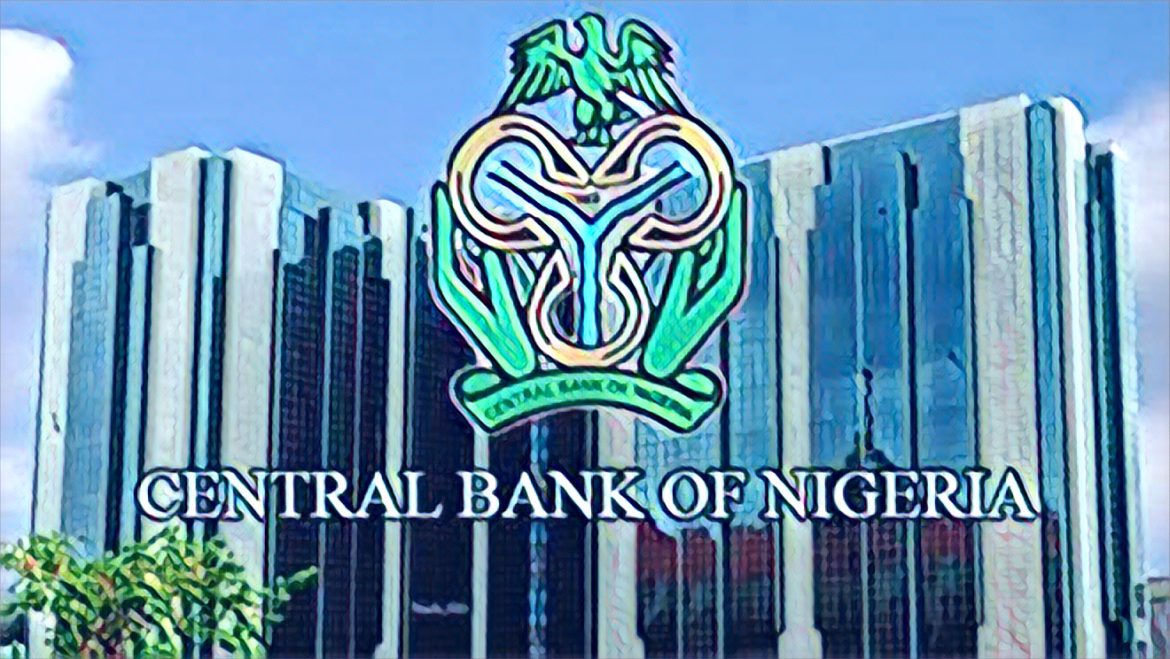The Central Bank of Nigeria (CBN) has reported a historic surge in remittance inflows, reaching an unprecedented $553 million in July 2024. This represents a remarkable 130% increase compared to the same period in 2023. The July figure is the highest monthly inflow ever recorded, highlighting the success of recent policy measures aimed at enhancing liquidity in Nigeria’s foreign exchange market.
This significant growth in remittance receipts reflects ongoing efforts by the CBN to boost the nation’s foreign exchange reserves. The bank’s strategic initiatives include granting licenses to new International Money Transfer Operators (IMTOs), implementing a willing buyer-willing seller model, and ensuring that IMTOs have timely access to naira liquidity. These measures have been pivotal in driving the increase in remittance inflows, positioning remittances as a key source of foreign exchange for Nigeria.
Diaspora remittances have long been an essential component of Nigeria’s foreign exchange earnings, complementing foreign direct investment (FDI) and portfolio investments. The recent spike in remittances underscores the importance of these inflows to the Nigerian economy, especially as the country continues to navigate challenging economic conditions. The CBN’s recent policy interventions are aligned with its broader objective of doubling formal remittance receipts within a year, a goal that now seems increasingly attainable given the current trends.
The CBN’s statement, signed by Hakama Sidi-Ali, acting director of corporate communications, emphasized that the sharp rise in remittances is a testament to the effectiveness of the bank’s strategies. These initiatives are designed to boost public confidence in the foreign exchange market, support a robust and inclusive banking system, and maintain price stability—critical factors for sustained economic growth.
The central bank’s efforts to enhance liquidity in the foreign exchange market are particularly crucial when Nigeria struggles with multiple economic challenges. By increasing remittance inflows, the CBN aims to stabilize the naira, reduce exchange rate volatility, and ensure a more predictable and favorable environment for both local and international investors.
In addition to the surge in remittances, recent data from the National Bureau of Statistics (NBS) revealed that Nigeria’s year-on-year headline inflation rate slowed in July 2024, marking the first decrease in 19 months. This development indicates that the CBN’s monetary policy tightening measures are starting to bear fruit. The reduction in inflation is a positive sign that the bank’s broader economic strategies are helping to restore stability and confidence in the market.
The CBN has expressed optimism that these measures will continue to contribute to its broader goal of maintaining stability in the foreign exchange market. The bank is committed to closely monitoring market conditions and adjusting its policies as needed to ensure sustained remittance inflows. By doing so, the CBN hopes to create a more favorable environment for economic growth and development.


